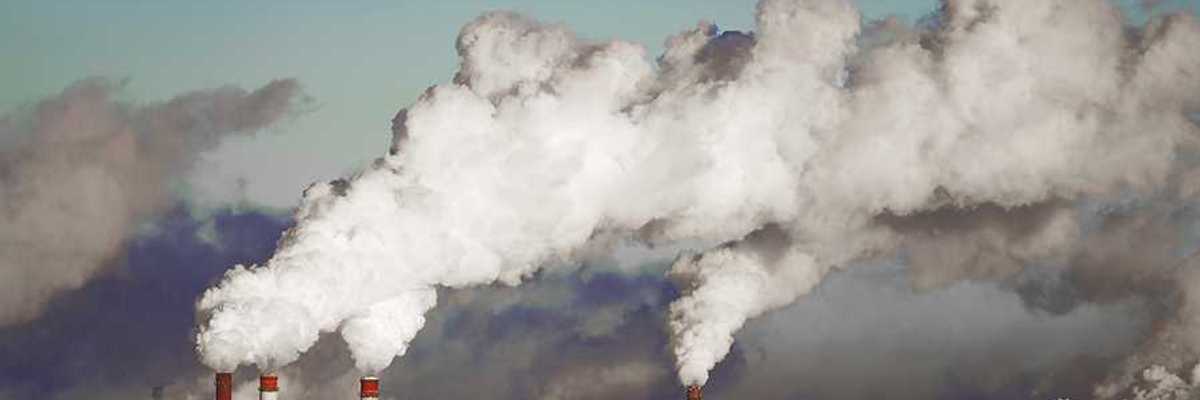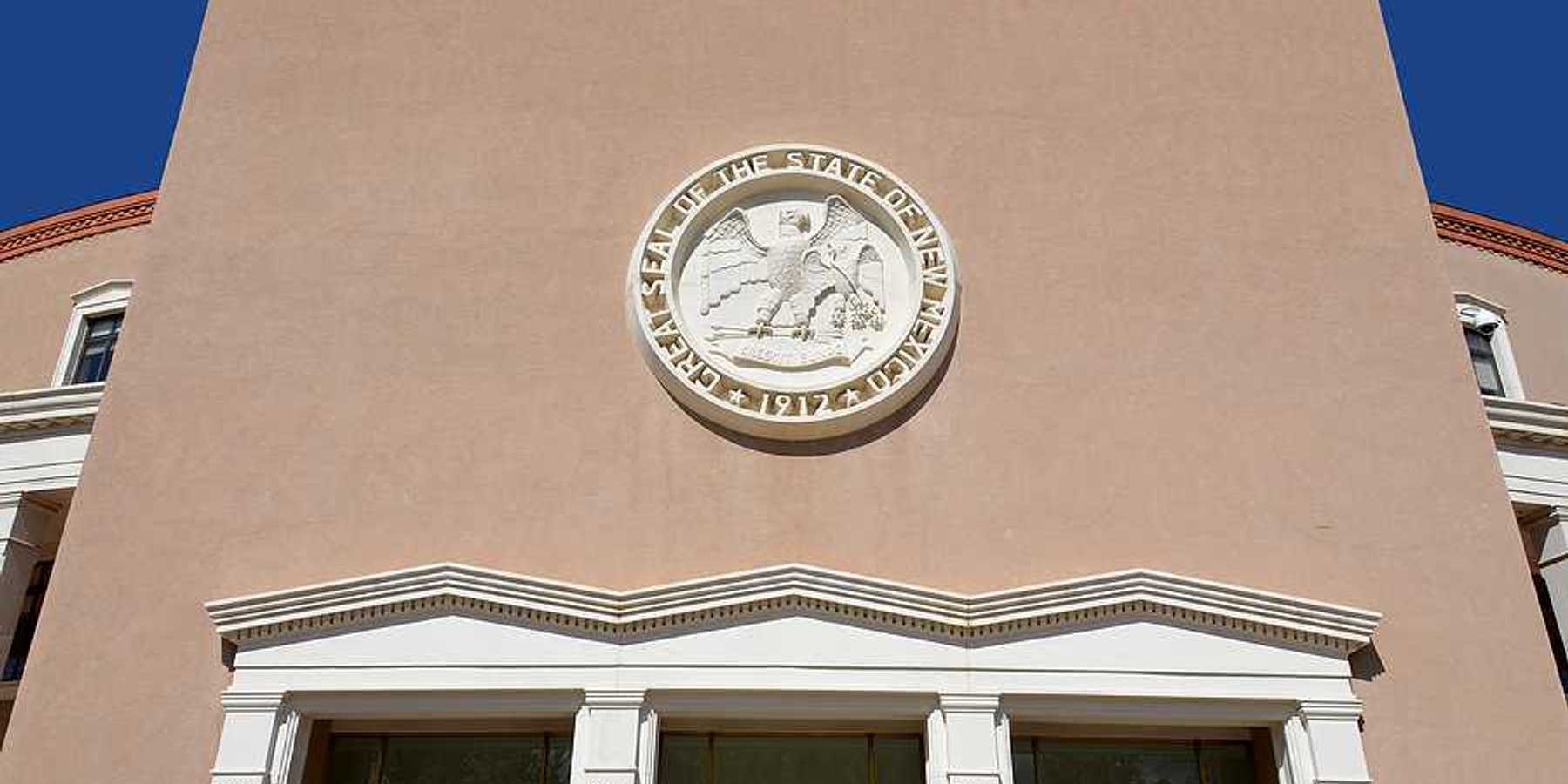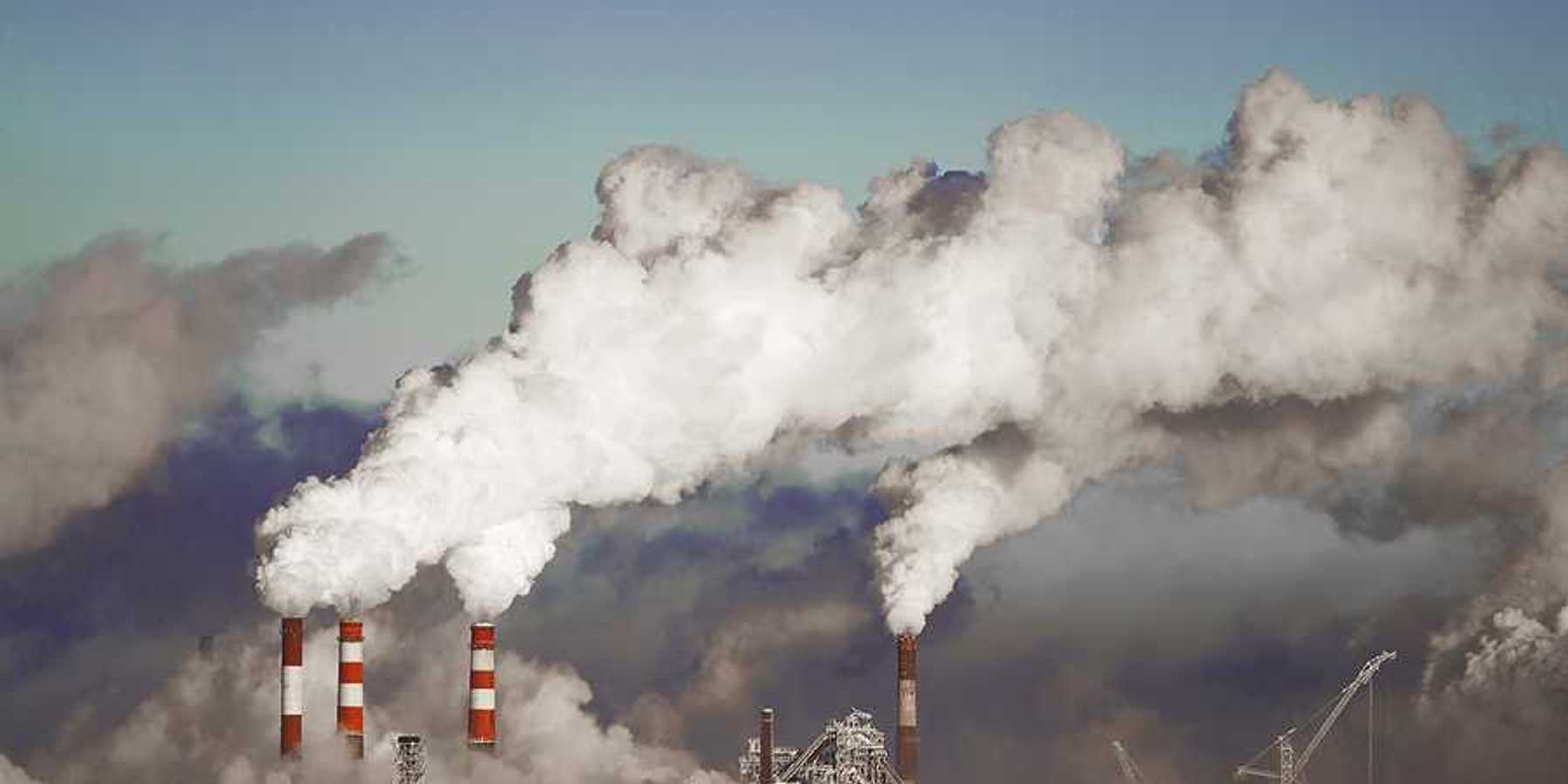accountability
Poll shows strong voter support for suing oil companies over climate impact
A majority of US voters favor litigation against oil companies for their role in the climate crisis, with nearly half supporting criminal charges.
In short:
- A new poll reveals 62% of likely voters support legal accountability for oil companies contributing to climate change.
- Nearly half of respondents support filing criminal charges, including homicide, against oil companies.
- The survey highlights bipartisan support, with significant backing from both Democrats and Republicans.
Key quote:
“Voters strongly want to see companies held accountable for their harmful actions.”
— Grace Adcox, senior climate strategist, Data for Progress
Why this matters:
This development marks a pivotal moment in the climate change discourse, as legal actions could transform the way industries approach environmental responsibility. As the effects of climate change become increasingly visible and personal—from extreme weather events to health impacts—the public's call for justice grows louder. Parents worried about their children's future, healthcare professionals dealing with the fallout of environmental health issues, and scientists striving for meaningful change all echo this demand for corporate accountability.
Developing nations urged to enhance transparency in climate finances
Mukhtar Babayev calls for improved financial accountability in climate actions as developing nations seek significant funding.
In short:
- At the upcoming COP29, a new global goal for climate finance will be established, with transparency as a key focus.
- Babayev emphasizes the creation of a "transparency mechanism" to foster trust and effective climate action among nations.
- Current challenges include the discrepancy in reported emissions and actual emissions, and the misuse of funds designated for climate initiatives.
Key quote:
“It’s very important to build this correct, good and honest trust between the parties.”
— Mukhtar Babayev, ecology minister of Azerbaijan
Why this matters:
At previous COP meetings, discussions around climate finance often centered on the commitments of developed nations to support developing countries in their climate mitigation and adaptation efforts. However, transparency has frequently been a stumbling block, with concerns about the adequacy and reliability of reported financial flows. The focus on transparency at COP29 aims to build trust among countries and ensure that funds are used effectively and reach their intended targets.
Exploring the viability of suing oil companies for climate-related deaths
A new legal perspective raises the possibility of prosecuting oil companies for various types of homicide, excluding first-degree murder, due to their contributions to climate change.
In short:
- A recent Harvard Environmental Law Review article argues that fossil fuel companies could face homicide charges for knowingly contributing to lethal pollution.
- Legal experts and advocacy groups are discussing how traditional criminal law could adapt to address significant environmental harm caused by corporate actions.
- The concept of "climate homicide" is gaining traction, suggesting a shift from viewing harmful corporate behavior as merely costly to outright criminal.
Key quote:
"It’s supposed to be about protecting us from dangerous actors that would harm our communities. What if we actually use this system to protect us from dangerous corporate actors that are doing incomprehensible harm?"
— Aaron Regunberg, senior policy counsel at Public Citizen
Why this matters:
This approach uses legal frameworks traditionally applied to individual offenders and adapts them to corporate entities, potentially transforming how environmental damage is addressed legally and influencing corporate behavior toward greater public accountability.
What happens if the largest owner of oil and gas wells in the US goes bankrupt?
Lawmakers target fossil fuel companies to fund climate disaster recovery
State legislators are pushing for laws that would make fossil fuel companies financially responsible for climate change-related disasters.
In short:
- Advanced "attribution science" enables precise measurement of damages from climate disasters, directly linking them to specific companies' emissions.
- Vermont leads with proposed legislation, potentially setting a precedent for other states to follow in holding fossil fuel companies accountable.
- The proposed laws could lead to significant financial contributions from these companies for disaster relief and preventive measures.
Key quote:
“This is a growing field, and it’s a game changer for addressing climate change.”
— Delta Merner, lead scientist for the Science Hub for Climate Litigation at the Union of Concerned Scientists
Why this matters:
By holding companies responsible for their role in climate change, legislators aim to mitigate adverse health effects and safety risks associated with extreme weather events like hurricanes, floods, and wildfires, which are intensified by climate change. Such legislation can incentivize fossil fuel companies to adopt more sustainable practices, reducing environmental damage and promoting conservation efforts.
Does New Mexico have the money to hold oil and gas accountable?
Concerns lingered that oversight of oil and gas industry was inadequately funded in New Mexico, despite an almost $9.6 billion budget approved by lawmakers during this year’s legislative session that concluded March 18.









